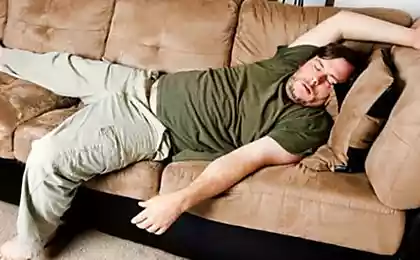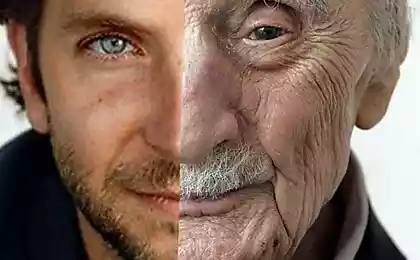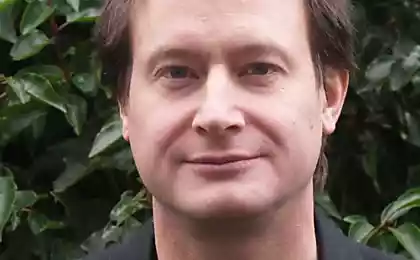529
Man evolutionarily programmed to laziness
Oh, how I want to lie down on the couch! .. Well, then, it is necessary to lie, that is our nature, because laziness - a product of evolution, scientists say. The site publishes them in wonder argumenty.Fitnes and regular walks proved ineffective due to the fact that the our brain anatomy and arranged as comfortably as possible for a very "lazy" and most energy-efficient gait , said in an article in the journal Current Biology .

"This discovery is quite logical in the context of what we prefer to do everything by spending a minimum amount of effort - for example, always go the shortest way to the goal, and sit instead of stand. We found the physiological background of typical human laziness, showing that even in the performance of the unconscious activities like walking, our nervous system controls the flow of energy and constantly optimizes the manner of movement to reduce energy consumption, "- said Max Donelan of Simon Fraser University in Vancouver.
Donelan and colleagues came to this conclusion, trying to uncover the secret of how man learned to walk upright and why people have acquired the manner of walking, which we all have today. To do this, the scientists recruited a group of several volunteers, which they put into special exoskeletons, and then inviting them to walk on a treadmill.
The experiment showed not what you expect to see scientists - it turned out that our brains are continuously analyzes how the move arms and legs, and gradually change the frequency steps, the degree of swing arms and legs at the time of each step, and other elements of the process of movement towards < minimize energy consumption
While scientists do not know the secret of how the brain manages to calculate the energy consumption and to make changes so quickly. As suggested Donelan and colleagues if they can find the "center of laziness" in our nervous system, the principles of its operation It can be copied and used to optimize the cost of complex mechanical devices, consisting of tens of thousands of elements, like our legs.
via korrespondent.net/tech/3562316-chelovek-evoluitsyonno-zaprohrammyrovan-na-len-uchenye

"This discovery is quite logical in the context of what we prefer to do everything by spending a minimum amount of effort - for example, always go the shortest way to the goal, and sit instead of stand. We found the physiological background of typical human laziness, showing that even in the performance of the unconscious activities like walking, our nervous system controls the flow of energy and constantly optimizes the manner of movement to reduce energy consumption, "- said Max Donelan of Simon Fraser University in Vancouver.
Donelan and colleagues came to this conclusion, trying to uncover the secret of how man learned to walk upright and why people have acquired the manner of walking, which we all have today. To do this, the scientists recruited a group of several volunteers, which they put into special exoskeletons, and then inviting them to walk on a treadmill.
The experiment showed not what you expect to see scientists - it turned out that our brains are continuously analyzes how the move arms and legs, and gradually change the frequency steps, the degree of swing arms and legs at the time of each step, and other elements of the process of movement towards < minimize energy consumption
While scientists do not know the secret of how the brain manages to calculate the energy consumption and to make changes so quickly. As suggested Donelan and colleagues if they can find the "center of laziness" in our nervous system, the principles of its operation It can be copied and used to optimize the cost of complex mechanical devices, consisting of tens of thousands of elements, like our legs.
via korrespondent.net/tech/3562316-chelovek-evoluitsyonno-zaprohrammyrovan-na-len-uchenye























